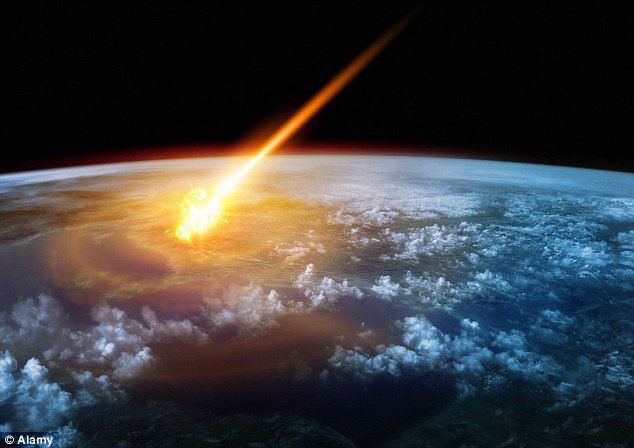
Readers may recall the paper advocating panspermia (life came from outer space) in the journal Progress in Biophysics & Molecular Biology.
It has attracted paywalled replies from Keith Baverstock and Karin Moelling,
Also a paywalled response from the authors.
Because many of our readers can’t afford all that reading material, a friend kindly offers some notes to the bunfight:
—
The reply by Karin Moelling, a German virologist, starts off positive toward the paper. She makes the highly dubious claim that “there are billions of habitable planets in our galaxy.” We just don’t know that.
She also makes the strange, unbacked assertion that “Retroviruses caused the Cambrian explosion of all animal species.” She thus seems to endorse the original paper’s claim that viruses drove evolution. The original paper, of course, claims that theses “information rich” viruses came from outer space. But at least Moelling asks the question that the original paper doesn’t: “How did the viruses form in the first place?” That’s the million dollar question here that the paper doesn’t even try to touch!
Keith Baverstock’s reply is highly critical of the paper, stating that the authors have not made a sufficiently strong case that we should “abandon all further attempts at understanding evolution with an ancillary context of abiogenesis on Earth”. He thus asks: “Are claims that meteorites contain what could plausibly be fossilised life forms, or claims that bacteria collected 40 km above the earth are more plausibly incoming alien life than terrestrial life hefted high by violent weather, enough?” He concludes that the authors have not provided sufficient “direct evidence” for their panspermia model.
One interesting point about Baverstock’s reply is that he admits that “the phenomenon of de novo protein coding genes is quite widespread” and that “the phenomenon is difficult to explain by the yardstick of the conventional neo-Darwinian paradigm”. However, he’s not ready to give up on Earth-based evolutionary explanations yet. He says, “Lack of consistency with neo-Darwinism should not be an inviolable criterion upon which to reject abiogenesis on this planet in favour of Panspermia.”
[Does that mean he is willing to think critically about neo-Darwinism?- News]
The authors’ reply to their critics asks some philosophical questions that we ID types sometimes ask ourselves. How does “a paradigm shift” occur within “an individual scientist”. They claim it is a 2-stage process:
“1). An instant personal decision to embrace the new global way of understanding reality. This happens within a blink of an eye, as in a Gestalt shift made famous by Thomas Kuhn. The individual confronting the data compares the available evidence for and against – a piece of evidence clicks into place which only makes sense under the new alternative paradigm, and is quite nonsensical under the old way of understanding the world.”
“2). This personal decision can then move into the public domain but there are many inhibitory processes as the scholar and scientist has to weigh up the socio-political costs, such as: How will this affect my relationships with colleagues? How will this affect my prospects for promotion? How will this affect my future prospects for research funding? etc.”
One might add: How will it affect my having a job at this institution?
They then acknowledge that “The battle between rival paradigms on the origin and further evolution of life on Earth is underway and we look forward to more scientists engaging in it.”
Unfortunately, for those of us who would like to see a dialogue, they don’t then address any of the scientific arguments raised in the other replies. They simply say “We have laid out all the key data, analyses and critical arguments why we believe there is already wide-ranging supportive evidence collected over the past 50 years”.
That probably won’t satisfy most skeptics of panspermia, but my sense is that this debate is far from over. I think ID proponents should welcome it because it shows an openness to new paradigms and perspectives, and a willingness to have a conversation.
ID ought to have a place at this table as well—let’s hope it gets one!
—
Some of us also hope that, in any event, they don’t just deform the debate in order to avoid rattling the cages of surviving Darwinians, so that nothing is really accomplished.
Note: Panspermia proponents do need to explain how life originated if they can show that there is a reasonable likelihood that it did not originate on Earth. It’s the same principle as, you don’t need to identify a child’s father in order to say that your research shows that it can’t be Louie Jones. That, of course, may make the origin of life problem insoluble for the foreseeable future. But we have not crossed any of those bridges yet.
See also: Panspermia (maybe life came from outer space) is back, in Progress in Biophysics and Molecular Biology
and
What we know and don’t know about the origin of life